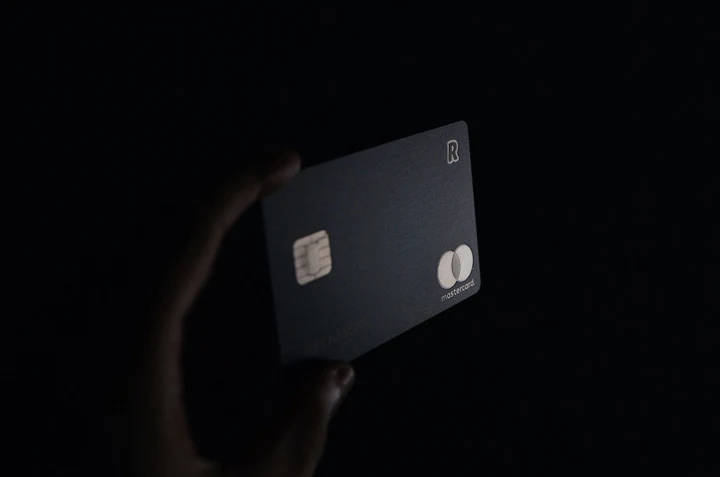But the good news is that travel safety experts are united to provide the best tips and guides for travelers and tourists to protect themselves without having to rethink their entire vacation. So! Here's the easiest, most effective way to protect yourself from being victimized by cyber criminals while travelling.
5 Tips on How to Avoid Becoming a Victim of Cyber Crime When Traveling
1. Set up a travel-only email address
Use a special travel email address is an easy way to keep all travel documents and your booking information in one place. Moreover, it will also be less of a crisis if it is hacked.Yes, you still need to cancel the card and order but at least you will not go home knowing that a phishing email has been sent to all your colleagues. Finally, separate email addresses will likely hold sensitive information such as bank statements or passport scans.
2. Safeguard your data
When using a third party website to book a flight, hotel, trip, or even dinner, always check how, where, and why they’re storing your data. Under European data protection law full credit card details cannot be stored for longer than 10 days but this changes around the world and is always worth investigating before you book. Or, if you want to regularly store credit card details with a site, make sure that they’re saved in hashed form (every number save the last few saved as a hashtag e.g. card: #### #### #### #715).3. Make it easy to keep an eye on your credit cards
Many travellers find it impractical or even impossible to regularly log into their online banking while abroad. Signing up for SMS alerts, however, is a great way to keep track of the transactions being charged to your card without worrying about finding a secure internet connection. For those looking for an extra layer of security there are RFID blocking wallets which stop criminals from scanning contactless payment cards through pockets and rucksacks.4. Bring your own hotspot
Unsecured WiFi connections are notoriously vulnerable to cyber criminals and, if you’re planning to make use of social media or sensitive email accounts while abroad, it might be worth bringing your own hotspot. If buying data is going to put you over your holiday budget you can also buy a local SIM (which will at least keep your contacts safe) or use apps that don’t need an internet connection to work.
5. Change your passwords
In an ideal world (where all passwords are 36 characters long and automatic updates every 24 seconds) we will all choose a new password before and after each trip.However, if you're not a robot who is aware of cyber-security, at least make sure you change the password to the new one when you return from vacation or travel. And when you do so, it's also worth looking at the location where your account is still logged in, just to make sure that you recognize all IP addresses.
Source: Booking.com Blog





